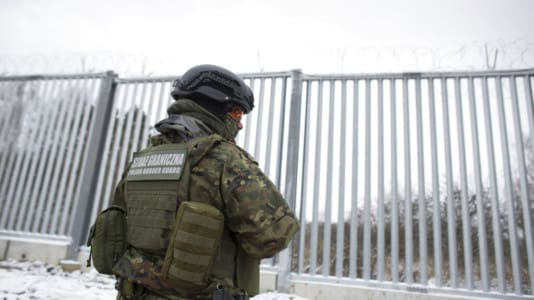In the current difficult situation, the enlargement of the European Union could bring about a rapid improvement in the competitiveness of the continent, and the EU needs Serbia’s accession today more than vice versa, said Hungarian Minister of Foreign Affairs and Trade Péter Szijjártó in Belgrade on Wednesday.
“The EU needs Serbia now more than the Serbs need EU membership,” he said. “That is why we do not think it is right for Brussels to take a pompous and condescending attitude towards Serbia.”
The restructuring of the world economy in recent years is far from favorable for Europe, and important trade links are being broken by political decisions, making the East-West cooperation routes virtually impossible, Szijjártó said at a bilateral economic meeting of the two countries.
“Anyone who tries to take a pragmatic approach to this issue, tries to look rationally at East-West relations, is immediately accused of being pro-Russian, pro-Putin, a Kremlin propagandist,” he said.
“It is very difficult to prevail today with a rational policy, a rational approach,” he added.
He pointed out that the Brussels measures only make things harder for economic operators, while the U.S. gives priority to domestic companies.
“Here in Europe, we are shooting ourselves in the foot and even in the lungs with sanctions,” he said.
“This does not strengthen the positive outlook, but we need to succeed in these circumstances, and for that, we need predictable partnerships and reliable, cooperative partners,” he said, adding that the Hungarian-Serbian relationship could be described as just that.
Szijjártó said that the enlargement of the European Union and the expansion of the economic space through the accession of new member states could quickly improve European competitiveness.
He stressed that Hungary is a strong supporter of the Open Balkan initiative, and the government has also proposed that the next summit be held in Budapest. He said that close cooperation between the EU and the countries of the region was essential for competitiveness and energy security.
Szijjártó said that regarding cooperation in the Balkans, “we can clearly count on each other,” recalling the agreements that have strengthened energy security between the two countries, such as the construction of a new oil pipeline and the creation of a joint natural gas trading company.






